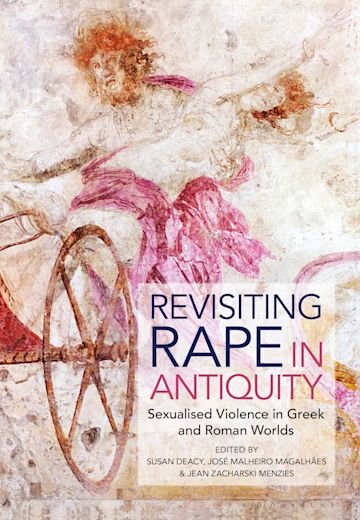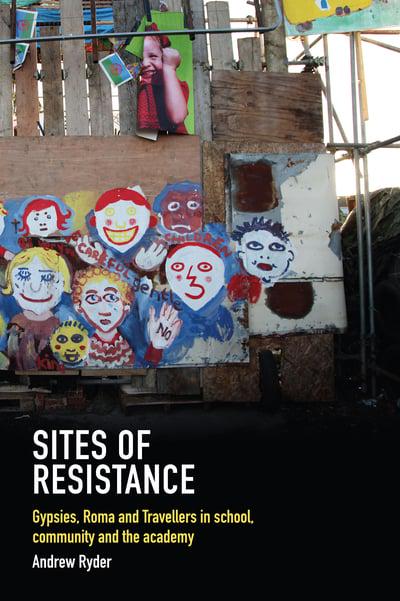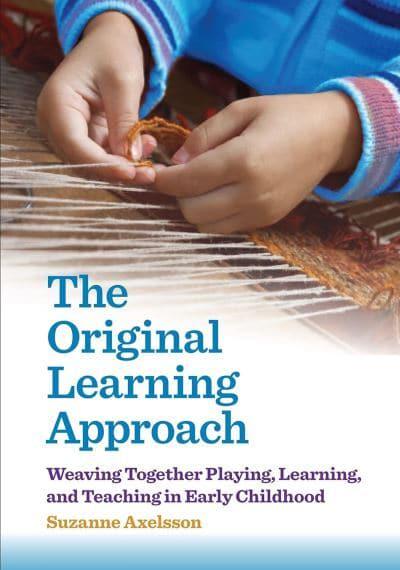I have just been drafting a blog posting that reflects on my writing processes and on my PhD supervisor. It reflects, too, on fellow alumni from where I did my BA before that. These fellow alumni are, like me, academics with interests that include autism.
I am not ready yet to write up the posting including because I have not yet worked out how to conclude it. For now though - including to help tie me in to completing it - here are the covers of five publications discussed in the posting:




More ASAP...
No comments:
Post a Comment